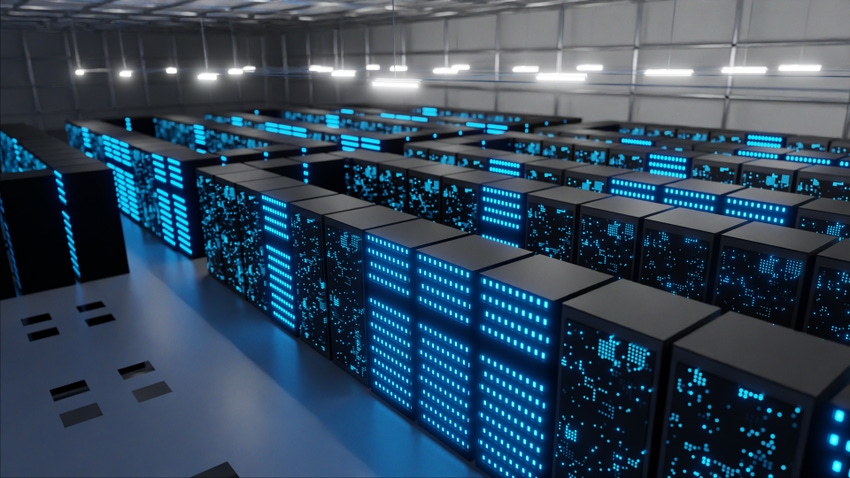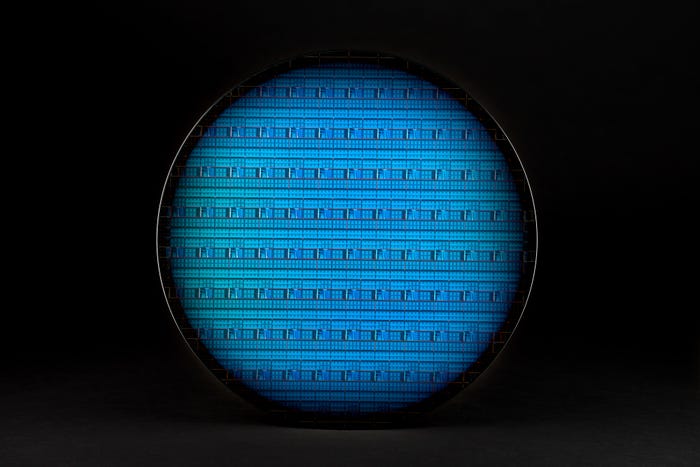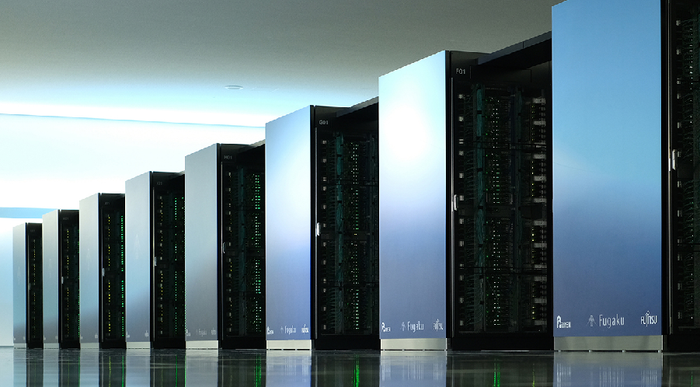
Connects decision-makers and solutions creators to what's next in quantum computing
Quantum Introduces New Computing Paradigm: Video
Experts from IBM, Quantinuum and D-Wave discuss how quantum and classical computers will work together during Enter Quantum’s round table

Quantum computers need to work alongside classical computers to deliver useful outcomes. But this hybrid model is not just a stage quantum computing needs to go through en route to commercialization. It represents a new paradigm for the way future computers will solve problems using quantum processing units (QPUs) alongside the more familiar CPUs and GPUs.
This was a topic addressed in Enter Quantum’s recent online round table, featuring a panel of experts from three of the world’s largest quantum computing companies:
• Mark Jackson, Quantinuum senior quantum evangelist
• Richard Hopkins, IBM distinguished engineer
• Murray Thom, D-Wave Systems vice president of quantum business innovation
You can watch this part of the discussion from 12:47 here:
“There's already this hybrid model of CPUs and GPUs and now we're starting to add quantum, and companies like Nvidia are getting into the game,” said Jackson. “They collaborate with several quantum companies including Quantinuum. There will be this triad of different processing methods for whatever best suits that particular problem that you're tackling.”
Hopkins went further and said that society is about to embark on an entirely new era of computing.
“We've got quantum coming through, GPUs, and there’s also analog computing coming through and neuromorphic. All of these different technologies have got their own strengths to answer different kinds of business problems,” he said.
“This homogenous environment we've had over the last decade or so with the cloud, that’s going to change. We’re going to have this mixture of quantum and analog and other different technologies, and GPUs sitting side by side, and the systems will choose the best way to create an answer for the problem that you give them. It’s going to be very different from what we've been used to, and hopefully much more energy efficient.”
Like what you're reading? For more stories like this on quantum computing for business, sign up for the free weekly email newsletter to stay updated!
Thom said that hybrid computing should not be considered like hybrid electric-gas vehicles – it is not just a waypoint until the infrastructure is in place.
“Classical computers are so good at what they do, and quantum computers are never going to take over floating point operations, and that's a critical task in a lot of applications,” he said. “Some of these other tasks to do with combinatorial optimization or quantum chemistry or resolving neural network models just can't break down into floating point operations either.”
About the Author(s)
You May Also Like
.png?width=100&auto=webp&quality=80&disable=upscale)
.png?width=400&auto=webp&quality=80&disable=upscale)




